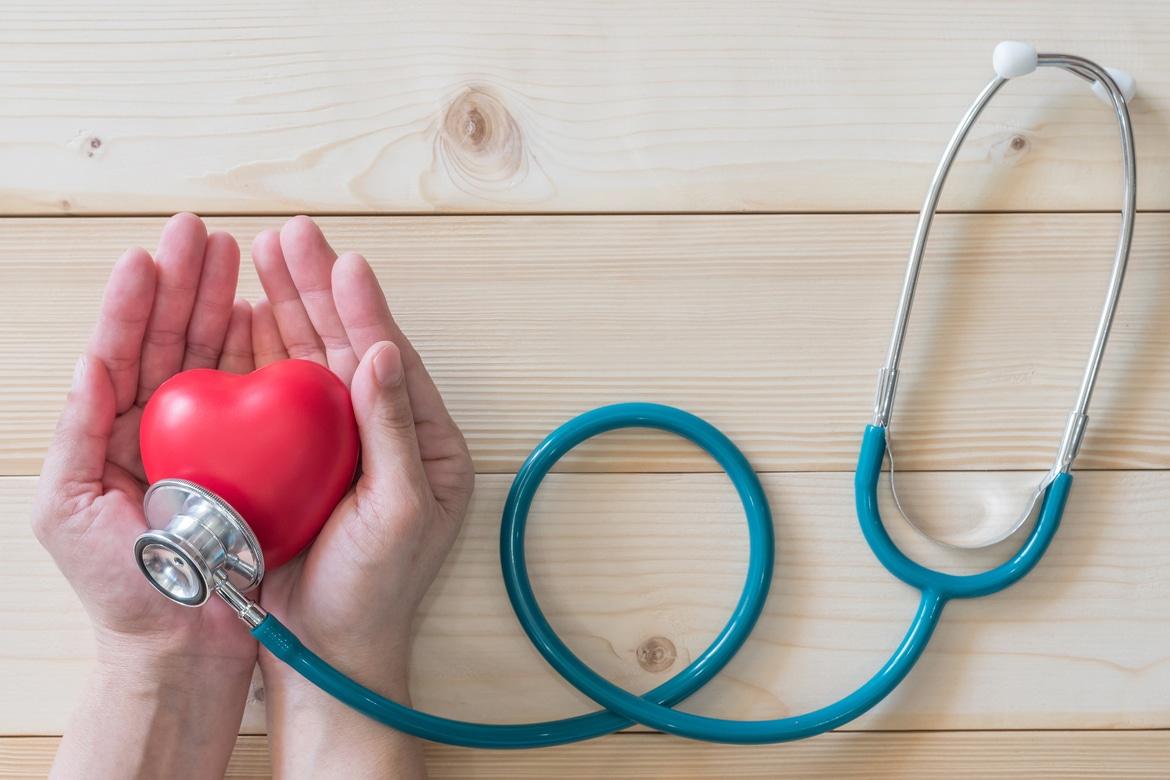-
-
Featured Care Areas

Cardiac Arrest
What is a cardiac arrest?
A cardiac arrest is the abrupt malfunction of the heart, disrupting blood supply to the rest of the body. As a result, the patient loses consciousness and stops breathing.
It is a serious medical emergency that can be life-threatening. Call an ambulance immediately at 1800-PARKWAY (7275929) if you witness someone experiencing a cardiac arrest.
A cardiac arrest is not the same as a heart attack. Heart attack is one of the most common causes of cardiac arrest. In a heart attack, blood flow to the heart is being blocked due to blood clots. A person having a heart attack is still conscious and breathing, but if left unattended may go into cardiac arrest and put their lives at risk.
What are the symptoms of a cardiac arrest?
A cardiac arrest occurs suddenly and signs can include:
- Sudden collapse
- No pulse or heartbeat
- No breathing
- Loss of consciousness
There may be some warning signs before a sudden cardiac arrest. These include:
- Chest discomfort
- Shortness of breath
- Weakness
- Fast, fluttering or pounding heart beat
Unfortunately, many cardiac arrests occur unexpectedly.
How to help someone experiencing cardiac arrest
Seek emergency medical help if you see someone who is unconscious and not breathing normally.
While waiting for paramedics to arrive, you can do the following:
- Perform CPR. Check the person's breathing. If they are not breathing normally, begin CPR. Push hard and fast on the person's chest, around 100 – 120 compressions per minute. If you are trained in CPR, deliver rescue breaths after every 30 compressions. Keep doing this until an automated external defibrillator (AED) is available or the ambulance arrives.
- Use an AED. AEDs have a recorded voice which will give you step-by-step instructions. Use the AED to check the person's heart rhythm. It will recommend delivering an electric shock if needed. If so, proceed to deliver one shock then resume CPR or do chest compressions only.
What causes cardiac arrests?
Cardiac arrests may be caused by heart disease such as:
- Coronary artery disease, in which arteries are clogged with cholesterol and other deposits
- Heart attack, which can trigger cardiac arrest
- Heart failure, a condition in which the heart is unable to pump an adequate supply of blood to the body’s tissues
- Enlarged heart, when your heart's muscular walls stretch and enlarge or thicken
- Valvular heart disease, in which your heart valves leak or narrow which can lead to stretching or thickening of your heart muscle
- Electrical problems in the heart, such as Brugada syndrome (which can cause potentially dangerous irregular heart rhythms) and long QT syndrome (which can cause uncontrollable, chaotic heartbeats)
- Congenital heart disease, when there are problems in the heart's structure present at birth
What are the risk factors for cardiac arrests?
Risk factors for cardiac arrests are similar to that of coronary artery disease. These include non-modifiable and modifiable risk factors.
Non-modifiable risk factors
These are factors that cannot be changed. They include:
- Age. As you get older, your arteries are more likely to be damaged or narrow.
- Gender. Overall, men face a higher risk of developing coronary artery disease and cardiac arrest. However, the risk for women increases significantly after menopause.
- Family history. If a close family member developed heart disease, especially at a young age, you face a higher risk.
- Ethnicity. If you are of South Asian, African or Caribbean descent, you face a greater risk of developing cardiovascular disease and cardiac arrest.
Modifiable risk factors
These are factors you can take measures to change. They include:
- Diabetes. High blood sugar can damage your heart vessels. People with diabetes are also more likely to have other conditions that increase their risk for heart disease and cardiac arrest.
- High blood pressure. This can cause your arteries to thicken or harden, which narrows the arteries and reduces blood flow.
- High cholesterol. High levels of cholesterol in your blood can increase the risk of plaque formation (cholesterol deposition) also known as atherosclerosis.
- Obesity. Excessive body weight worsens the effect of other risk factors.
- Sedentary lifestyle. Lack of physical activity contributes to coronary artery disease and contributes to several risk factors such as diabetes and high blood pressure.
- Stress. Poorly managed stress may damage your arteries.
- Smoking. People who smoke are 2 – 4 times more likely to get heart disease.
- Unhealthy eating habits. A diet high in saturated fat, trans fat, salt and sugar increases the risk of cardiac arrest. Sugar may increase your risk of developing high cholesterol, high blood pressure and diabetes.
What are the complications and related diseases of cardiac arrests?
Cardiac arrest causes your brain to receive reduced blood flow. If your heart rhythm is not restored quickly, brain damage occurs, leading to death.
Survivors of prolonged cardiac arrest may suffer brain damage.
How do you prevent cardiac arrests?
You can reduce your risk of sudden cardiac arrest by going for regular health screening and taking good care of your heart by:
- Eating a healthy diet and maintaining a healthy weight
- Exercising more frequently, unless your doctor has concerns
- Moderating alcohol consumption
- Quitting smoking and reducing exposure to secondhand smoke
This page has been reviewed by our medical content reviewers.
Need help?
For enquiries, please call
+65 6250 0000 (Orchard) or +65 6898 6898 (Novena)
For appointment bookings, please WhatsApp
+65 8111 7777 (Orchard) or +65 8111 5777 (Novena)





